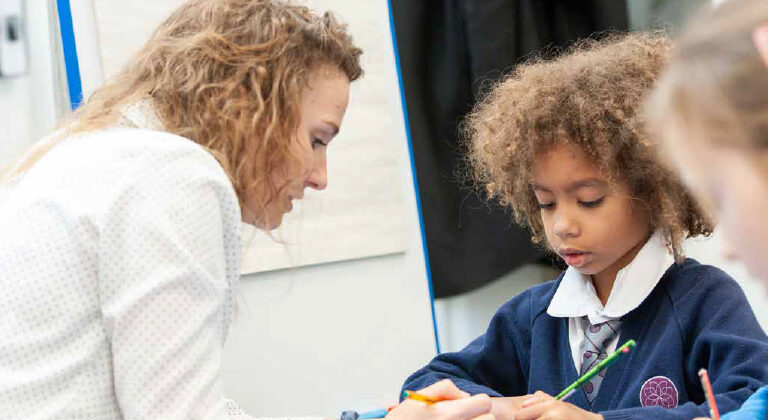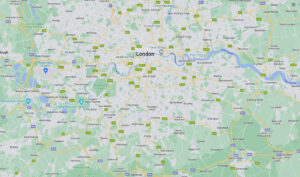What do we know?
The impact of speech, language, and communication difficulties is wide-reaching. Language is considered to be the foundation for communication, and without a secure base in this skill, we can see a negative impact on academic success. Emphasis on including all modalities of communication within class teaching e.g. listening, reading, writing, gesture, and speaking is essential to support and facilitate academic success.
How are young people affected?
A young person with speech, language, and communication may have difficulties in the following areas:
Difficulties with language comprehension
They may have difficulty processing verbal information which impacts the ability to comprehend information that is presented (both written and verbal), which can also affect their ability to follow instructions or complete work that is set.
Struggles with reading and writing
Receptive and Expressive language skills are the foundation for the development of reading and writing. Children and young people with reading and writing difficulties also have trouble using language to communicate, think, and learn
Low self-esteem
Having a speech or language disorder can affect a child’s confidence or belief in their abilities. This will affect social communication such as holding a meaningful conversation, socialising with peers, and communicating in public.
What do we do to help?
At Abingdon House School we use a variety of whole-school approaches to support speech, language, and communication needs. The use of the Social Thinking framework supports social communication needs, The Zones of Regulation framework supports the development of self- regulation, and packages such as Word aware support vocabulary- learning.
Please contact your child’s Speech and Language Therapist with any specific queries.
Laurenn Faucher, Speech and Language Therapist.


